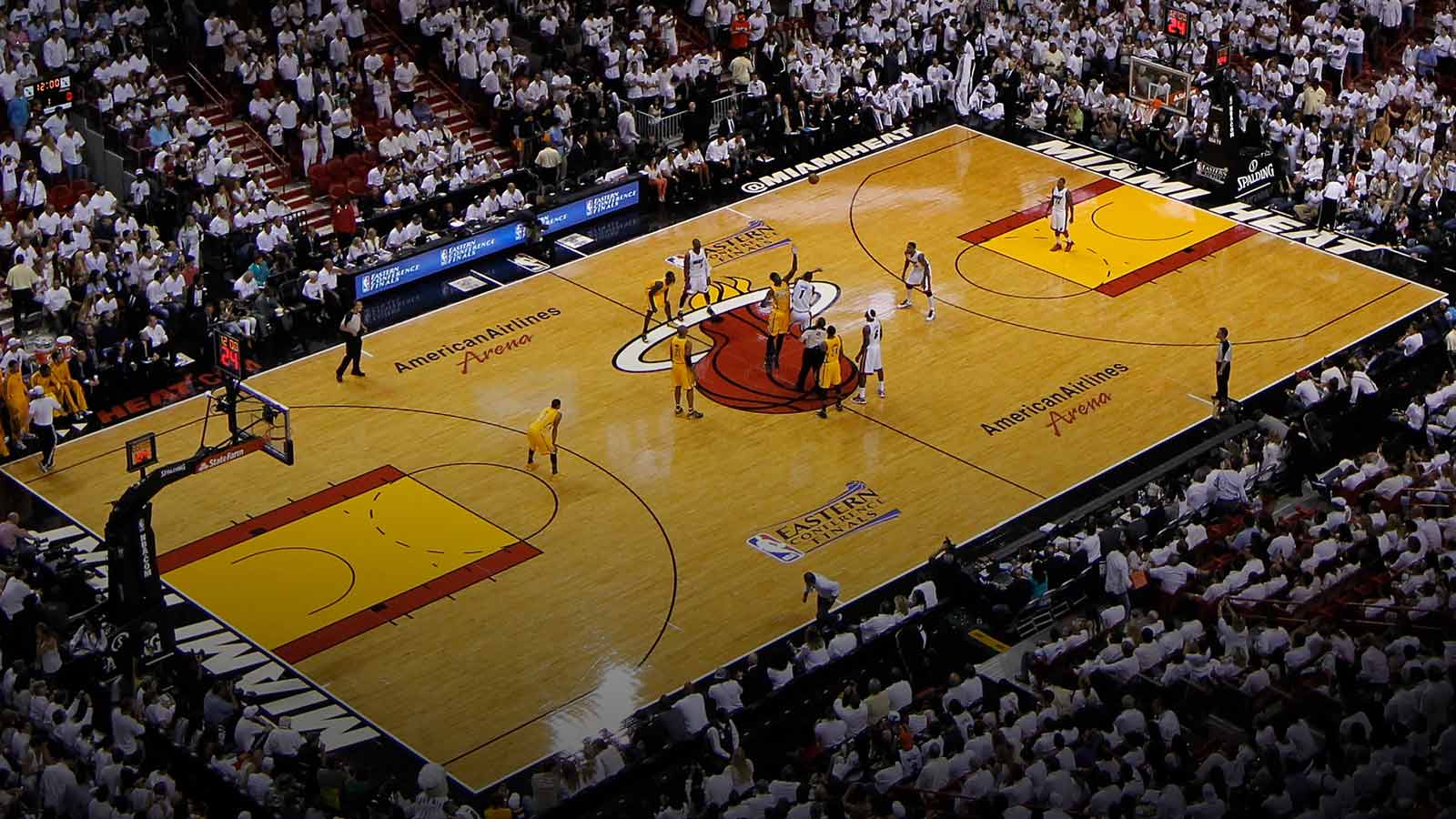On Wednesday, the farmers hand over their demands in this year’s agricultural settlement. The starting point before the negotiations is historically demanding. The government is facing two choices: Either it must endure a terribly costly settlement, or a peasant uprising that will shake the entire government project of the Labor Party and the Center Party.
Like the rest of the business community, Norwegian farmers have had to endure a sharp increase in the cost of electricity and fuel. Prices for round bale plastic, building materials and fertilizers have also exploded over the past six months.
Some of these costs have been compensated by agriculture, but far from everything. The farmers are aiming for a reduction in income of 9.5 per cent, or NOK 40,000 per man-year this year, the calculations from the Budget Committee for Agriculture show.
Expensive promises
Before this year’s agricultural settlement, which will secure the farmers’ income opportunities in 2023, the farmers will thus start in a solid minus. And they will negotiate with two governing parties that have promised them the opposite.
In the Hurdal platform, it is stated in black and white that the Labor-SP government will:
“Present a binding and timely plan to close the income gap between agriculture and other groups in society.”
According to the Norwegian Farmers’ and Smallholders’ Association’s calculations, this income gap will be NOK 246,100 in 2022. Reducing this by a quarter, as demanded by the Norwegian Farmers’ Association, thus amounts to more than NOK 100,000 per man-year, a total of more than NOK 3 billion. In addition, farmers will also have compensated for increased expenses. It is therefore up to a requirement that will set a historical record in Norway.
In the years after 2016, the requirements have been between one and a half, to just over one and a half billion kroner in increased transfers to the state budget. The result of the negotiations has varied from just over NOK 300 million to NOK 1.3 billion. This year, the requirement could be doubled, or tripled, perhaps even more.
Frustrated farmers
Last year, the farmers chose to break off the negotiations. Then the state’s original offer will remain. Immediately after the change of government, the farmers demanded additional negotiations and had their demands met with an extra NOK 754 million. But since then, cost growth has only continued.
TV 2 has previously presented the calculations to farmer Tore Aasgaard Næss in Verdal. His cows need 2,500 round bales a year, and the costs for these are NOK 700,000 higher this year than last year. The price of fertilizer has tripled.
– Now there is an end to producing food on a voluntary basis. This no longer works, says Næss to TV 2.
He expects money on the table and a solid boost in the settlement. And he refuses to pay the membership fee to the Norwegian Farmers’ Association until he sees concrete results.
This year’s settlement is in reality the first opportunity in three years for the farmers. In 2020, no ordinary agricultural negotiations were conducted due to the pandemic. Meat and milk producers benefited from closed borders and reduced trade leakage to Sweden, but this effect is now gone.
The war in Ukraine has strengthened the farmers’ arguments about food preparedness on Norwegian resources, but at the same time contributed to further cost increases.
And the Hurdal partners Labor and the Center Party have themselves contributed to creating sky-high expectations for income increases for agriculture. Farmers now expect the government to deliver at least the start of a turnaround in agricultural policy.
Budget squeeze for Jonas and Trygve
The government, for its part, has already announced cuts in its priorities to cover the costs of increased defense preparedness and the reception of refugees from Ukraine. Social reforms and major transport projects may fail, and a costly agricultural settlement will require further painful savings in other areas.
And if the farmers get through by the deadline of 17 May, this is guaranteed to be noticed by teachers, nurses and other groups in the public sector who have not yet reached the end of their wage negotiations.
A spacious agricultural settlement can spread further, and increase the pressure on wages in the rest of society and increase the risk of higher interest rates, as both professional economists and the central bank governor have warned against.
But disappointing the farmers also has a high price, especially for the Center Party. After eight years with the Conservative government, Minister of Agriculture Sandra Boch and party leader Trygve Slagsvold Vedum have announced a turnaround in agricultural policy.
If the turnaround operation fails, the center of Oslo will definitely be filled with tractors and angry farmers to an extent we have not seen since FRP’s Sylvi Listhaug was Minister of Agriculture in Norway.
Much is at stake, both for the farmers’ dealers and for the government. If the farmers are heard, it will be costly.
Otherwise there will be trouble.
–


